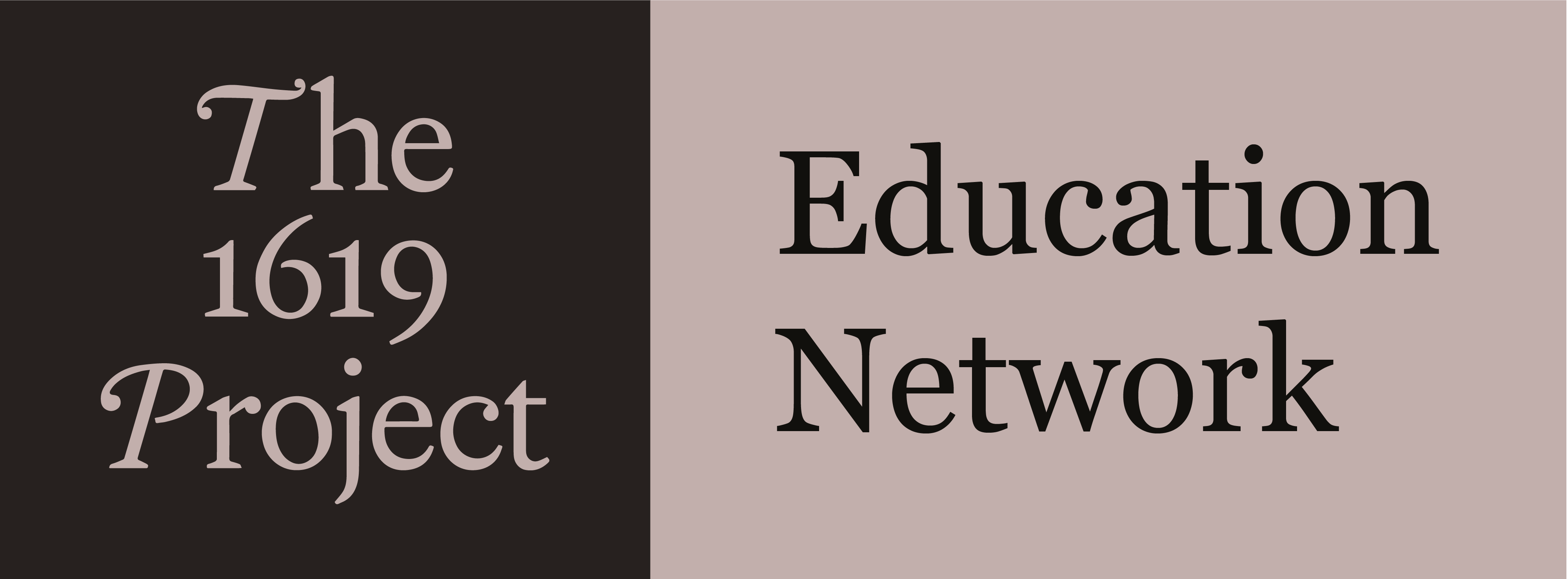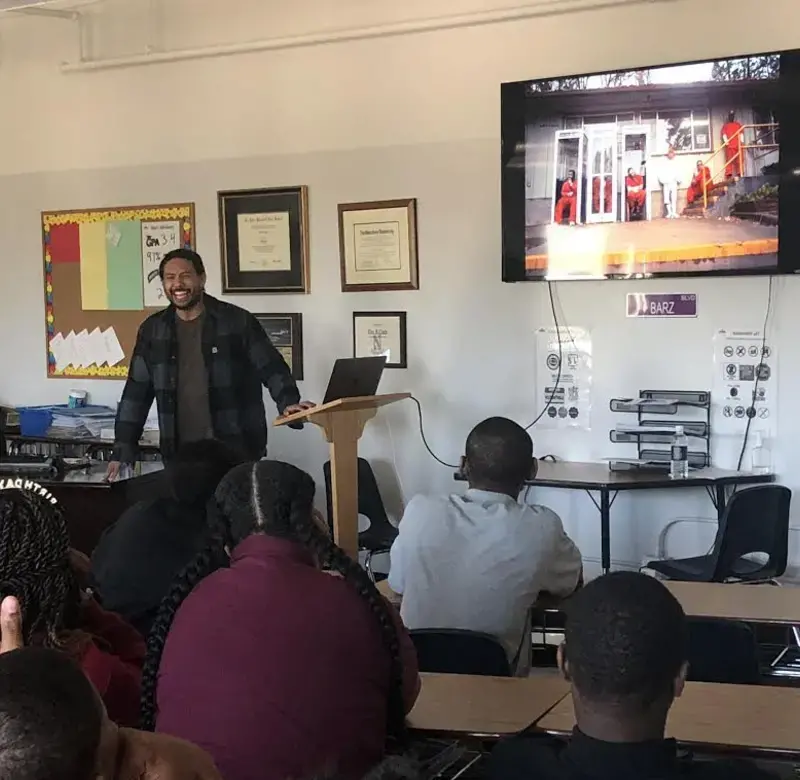
What is The 1619 Project Education Network?
The 1619 Project Education Network is a Pulitzer Center initiative to build a national network of educators who will design, teach, and share curriculum based on The New York Times Magazine’s 1619 Project and related Pulitzer Center reporting and education resources. The 1619 Project Education Network was launched as a response to educators nationwide sharing their enthusiasm for bringing The 1619 Project and our curriculum into classrooms, as well as the need for support and networking opportunities to implement the project well. We invited educators, administrators, content specialists, and curriculum supervisors to question how exploration of the essays, creative writing, photography, and podcasts that make up The 1619 Project support existing curricula, while also helping students evaluate historical research and process current events. As with all of our education initiatives, we are also asking educators to consider how authentic engagement with media literacy skills and underreported news stories help students engage curiously, critically, and empathetically with the world.
The 1619 Project Education Network cohorts consist of teams of educators who participate in a paid, nine-month virtual program during which they:
- Develop standards-aligned units that engage students in The 1619 Project, and other journalism and historical sources, to strengthen connections to existing curricula, practice media literacy skills, and build empathy.
- Manage the implementation and evaluation of units by at least two educators in multiple classes.
- Share their projects publicly through the Pulitzer Center's online lesson library and virtual professional development programs.
- Devise plans for revising and expanding use of their units as Network alumni.
- Actively participate in quarterly Network meetings to share progress, evaluate lessons learned, and provide support and feedback for other members.
Cohort participants receive …
- A $5,000 grant to support curriculum and/or project development, implementation, and other costs ($2,500 upon submission of project draft(s) and $2,500 upon receipt and approval of final grant deliverables outlined below)
- Access to professional development workshops led by journalists, scholars, and Center staff
- Access to a virtual portal that shares curricula, showcases student work, and provides avenues for participants to network and collaborate.
Over the past two years, The 1619 Project Education Network program has engaged 80 teams of educators and administrators working with K-12 classrooms and education programs for carceral facilities in an exploration of these questions over the course of a school year. The teams connected as part of Network convenings, reading groups, and collaborative planning sessions. They developed and taught standards-aligned unit plans that explored how the content and themes from 1619 support their diverse curricula, and then shared their work through digital events and resources.
How do I apply?
We are so pleased to invite your team to join this year’s Network program, and we are also excited to share some new program developments!
This year, for the first time, we are eager to welcome applicants from schools of education at colleges and universities in the U.S. Applications focused on curriculum and training within your school of education OR in partnership with K-12 teachers in your community will both be welcomed. Applications continue to be open to teams of education professionals working in K-12 schools and education programs in carceral facilities.
We are also inviting more flexibility and creativity in what teams plan and produce. We hope this will lead to some exciting applications that will engage large audiences that could include both students and other community members.
We are currently accepting applications for the third cohort of The 1619 Project Education Network. Applications are due at 11:59pm EDT on March 20, 2023. Click here to learn more and apply.
Those interested in applying should consider how to put together a team of educators who can work together to meet the goals above. Each application will need to outline a plan that includes at least one classroom educator, and the support of at least one school administrator and/or school, district, regional, or state content specialist/curriculum supervisor in order to facilitate unit implementation in multiple classes.
All educators, administrators, and/or school, district, regional, or state content specialist/curriculum supervisors involved in each applicant's plan will be invited to Network meetings and professional development opportunities. The primary contact for the application will be responsible for the submission of all deliverables, and will be the manager of grant funds.
Because all professional development and cohort networking sessions will be held virtually, applicants must have stable internet access and a computer with a webcam and microphone.
If you have any questions about this timeline or these requirements, please reach out to [email protected]. We look forward to hearing from you.
